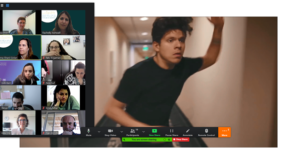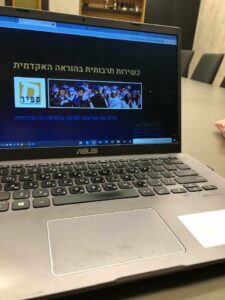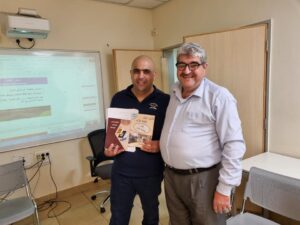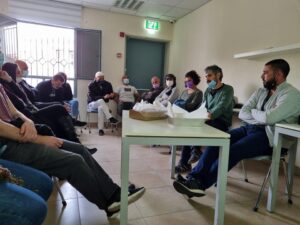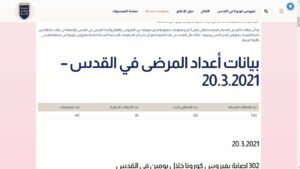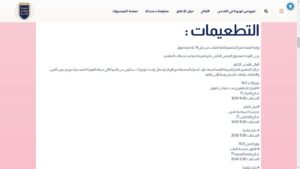Israeli Forum for Employment Diversity
We’ve given lectures as part of the diversity management course of the Israeli Forum for Employment Diversity for several years. In the course, we present the JICC’s activities in cultural competency, and present relevant tools. The current course opened in January 2021, and includes 18 participants from leading organizations and companies in Israel, including the Israel Police, Strauss, Weizmann Institute, the electric company, Elbit, a large legal office, and more.
This year, because of Covid, the course is taking place via Zoom. The first meeting (of the two we were invited to) took place on February 10 and was led by Dr. Rachely Ashwal and Orna Shani Golan, who are leading the Cultural Competency Desk at the JICC. We presented tools to help organizations improve their ability to include everyone, not through broad organizational activities, but through personal skills that each diversity manager should have: tools for effective work in the face of generalizations, and tools to deepen inter-cultural dialogue.
The meeting ended with a simulation in which a manager had to address an employee’s request to take vacation on the Novi God holiday, after the organization had decided not to give vacations. The simulation engaged all in understanding the unique cultural aspects of this request. In the next meeting we’ll play the HoliGame, a unique tool we developed together with the Israeli Forum for Employment Diversity to deal with social and political tensions in an organization.


